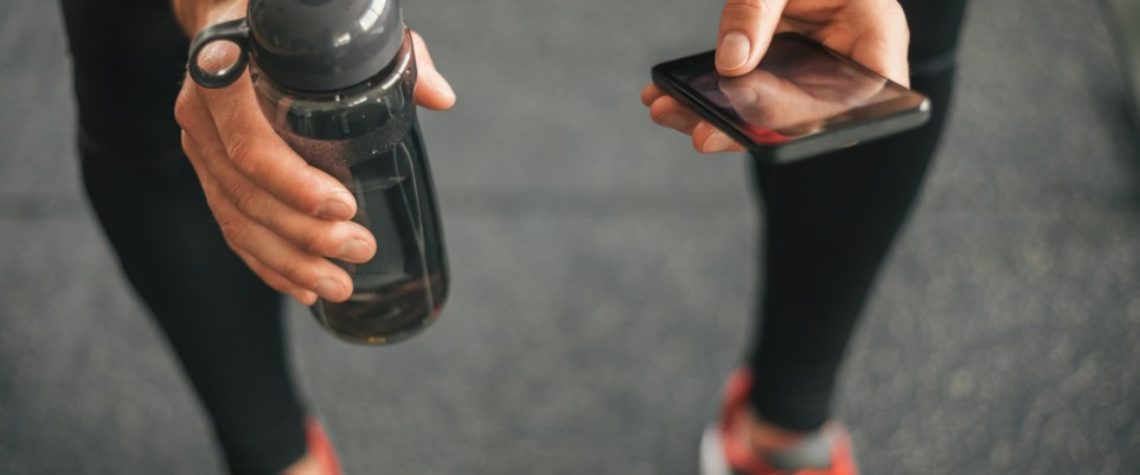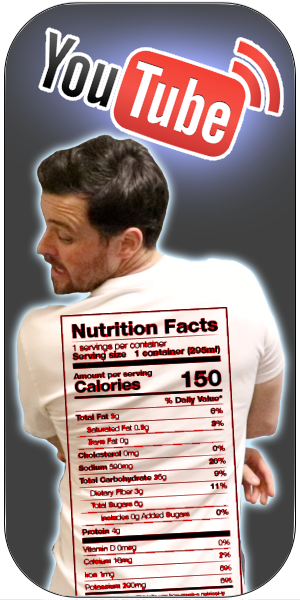More Fitness Technology & Data… Same Doughnut Love Affair
WSJ –High-tech interventions also have failed to encourage people to live more healthily. For an October 2016 paper in the journal Lancet, researchers at the Duke-NUS Medical School in Singapore randomly assigned employees from 13 organizations to one of four groups, in an effort to encourage exercise. One group got Fitbit Zip trackers, two other groups got the tracker plus money that they could use, respectively, for themselves or for charity, and the last group got no tracker. The study found that the device increased moderate-to-vigorous activity by 20 to 30 minutes a week after the first six months—but only when cash or charity incentives were in play. When the incentives were discontinued, physical activity returned to pre-intervention levels.
Ahhh, the billions dollar question: How do we get a society that’s been pampered in the processed food heavens to take accountability for their own health. As someone with orange skin, pointer and index finger firmly waving in the air, and a squirrel on his head would say “Our health care system is failing”. That very stable genius does have a point but its a difficult situation when we’re dealing with long-term illnesses:
According to the Centers for Disease Control and Prevention, fully 86% of all health care spending in the U.S. is for patients with chronic illness—emphysema, arthritis and the like.
The question comes up about the use of technology as part of the solution. Can virtual doctors, fitness sidekicks, machine learning and big data possibly step in and address this problem. I mean it’s simple right, to keep healthcare from failing (and Americans healthy), we deploy technology to both the currently ill and the patients of tomorrow. Of course people will rely on a virtual sidekick to monitor their vitals, tell them to take their medicine, advise what to eat, and when to get off ones ass and workout ……..Right?
Not so much, seems its just human nature to go about our merry way doing things that are known to adversely affect our health:
As behavioral economics reminds us, information alone doesn’t change behavior. Smokers know that smoking is bad for them and that they should quit. Obese people know that they should lose weight. People want to take their medicines and do their rehabilitation exercises. But all of this requires altering habits and daily routines, which is supremely difficult. Think about how little time it takes most people to fail at their New Year’s resolutions.
It’s not that people don’t want to improve their well being, its just difficult. Altering habits and daily routines….Yikes! There’s no simple answer, your health is a combination of taking care of yourself – eating clean, sleeping, exercising – and genetics. Studies have shown that diet does have an influence to turn genes on and off (or alter their expression), how so? One can only control what one can control….For Now. American’s and people in general know at a high level whats healthy and whats junk, it comes down to shear willpower and self control. It’ll take some time but you can alter that craving from a candy bar to an apple, and guess what? Your body will thank you by preforming at levels you haven’t seen since you were a young buck. See more about hunger and how you can make the change here.
Balls in your court….




